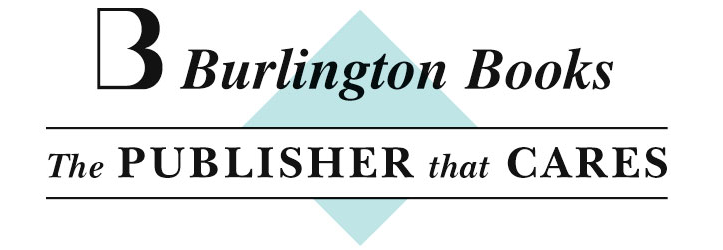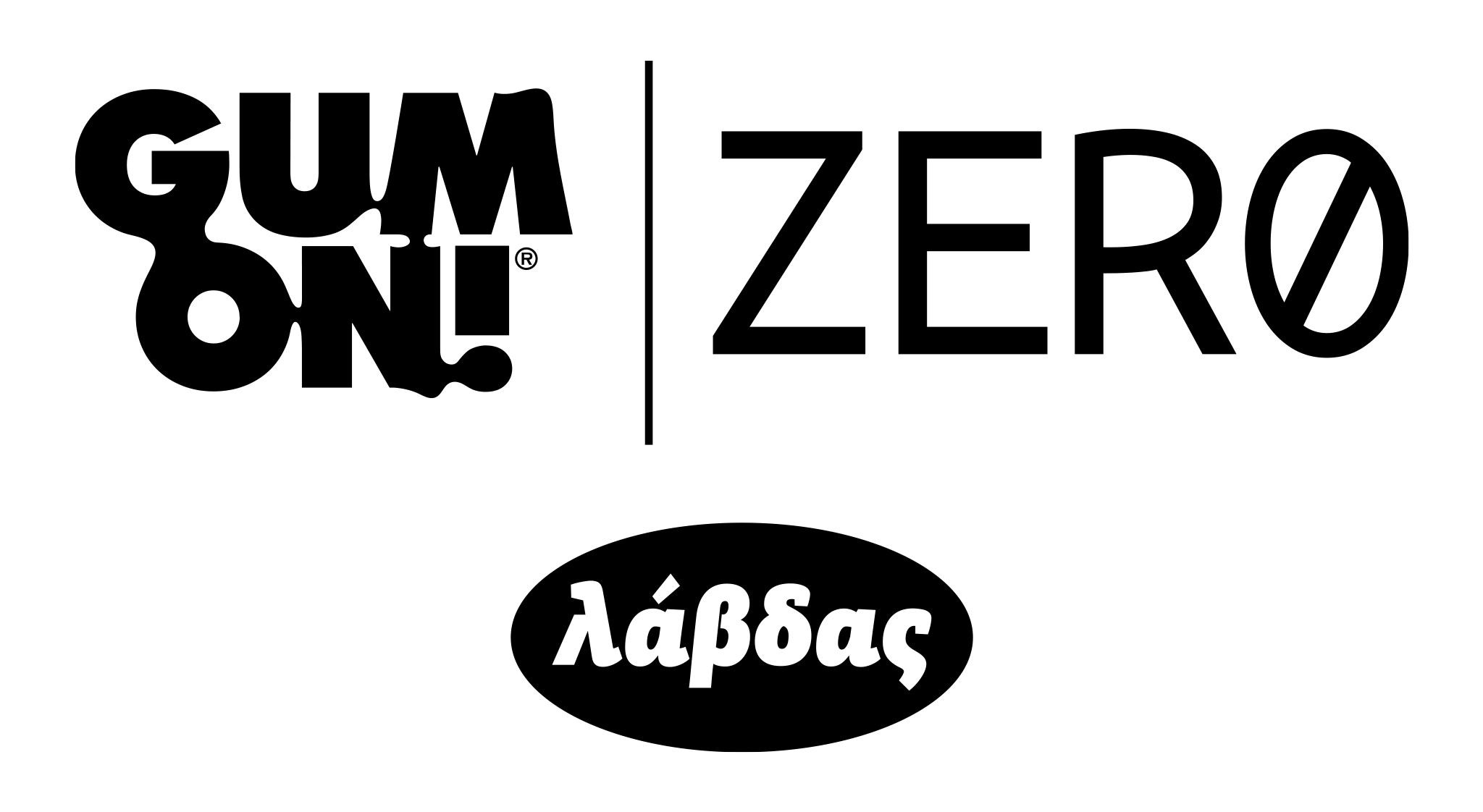Europe is on the verge of a political revolution.
All across the continent, far right and nationalist parties are topping the polls in regional, national and even international elections. In states such as France (the National Front), Sweden (Swedish Democrats) and Finland (The Finns) to name a few, the far right party has become the most popular group. Even countries such as Italy, Spain and Germany – all of which have all been incredibly sensitive of their fascist pasts – have allowed these extremist organisations to proliferate and gain large followings.
The European elections were also held last June, and recorded results that haven’t been seen since the Second World War. The far right parties such as the European Conservatives and Reformists (ECR) and Identity and Democracy (ID) won 131 seats, a substantial increase over the previous elections. These results have given the far right a foothold into the European Parliament. This will allow them to spread their ideas easier, and will allow them to generalise and possibly create radical legislature that could damage the already set out plans of the EU.
Why is this happening? Why are millions of voters swaying from the traditional leftist majority in the EU? And what effect will this sudden switch of voters have on minorities in the European Union?
I interviewed a delegate of the LIBE JURI committee to answer this question. Beforehand, I outlined three major causes of this sudden skyrocketing of voters.
Issues linked to identity – Many countries in the EU feel as if they are losing their culture. They have looked to these far right parties (who promise to in most cases restrict border access) for a way to conserve their national heritage.
Economics – Many Europeans are against the idea of mass immigration and globalisation, because they believe it is taking the money and jobs away from their country. The far right use this to their advantage to stir outrage against minority populations, and gain traction from those wanting to keep the money where it is made.
Social justice – Finally, many Europeans feel as if they are not in control of the rules that govern their countries. The opinion is that the EU creates laws that do not line up with the majority. The far right provide a vessel to help change these laws.
We also discussed the effect far right governments will have on minority groups such as racial, ethnic and religious groups, as well as LBGTQ+ people. The delegate described the way that far right governments can vilify and use these minorities as scapegoats to blame their problems on. They argued that due to these false claims, the access that minority groups have to services like healthcare and education is greatly hindered.
This can very easily led to the creation of a poverty cycle. When minority groups are denied basic necessities, they are pushed into lower paid jobs and sometimes straight into poverty. This is a cycle that is very difficult to escape, leading to stereotypes and assumptions of any immigrants coming into a country to be negative.
Whether intentional or not, this is the world that the rise of authoritarianism in Europe can create. The BBC is dedicated to providing information of the upmost quality regarding issues like this
Tom Egan BBC








